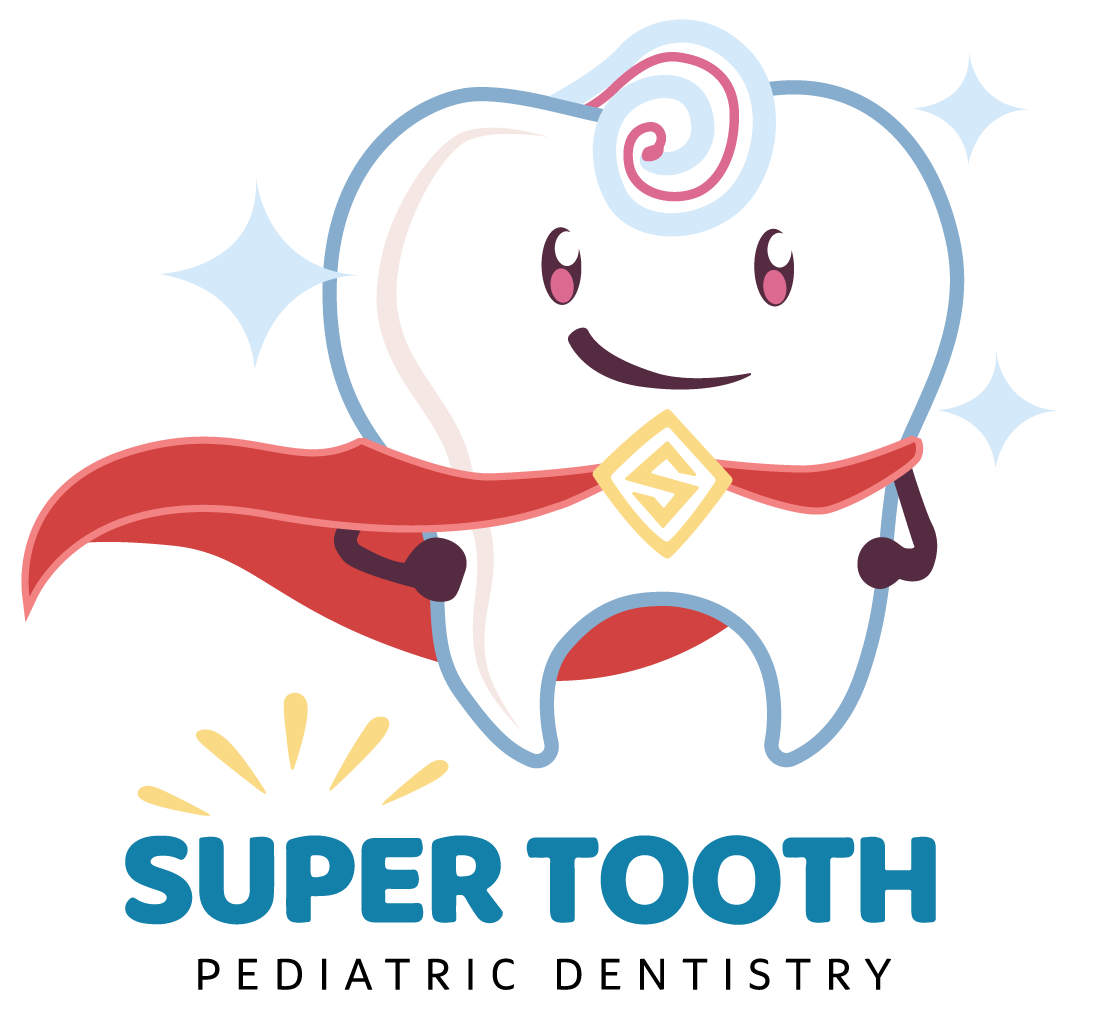Soothing Teething Troubles: A Guide for Parents
Soothing Teething Babies
Tips From East Norriton PA's Best Pediatric Dentist | Dr. Robyn Ivker
Teething is a natural process that all babies go through, but it can be a challenging time for both children and parents. In this blog, we'll explore the signs and symptoms of teething, offer practical tips for alleviating discomfort, and provide guidance on when to seek professional help for our pediatric dentist, Dr. Robyn Ivker, in E. Norriton, PA.
Understanding Teething
Teething is the process by which an infant's first set of teeth, also known as primary or baby teeth, erupt through the gums. It typically begins around 6 months of age and continues until the child is around 3 years old. However, the timing can vary widely from child to child. Most children will have a full set of primary teeth by the age of 3.
Signs and Symptoms of Teething
Teething can cause a variety of physical and behavioral symptoms in infants and toddlers. Common signs include swollen and tender gums, excessive drooling, irritability, and fussiness. Some children may also experience changes in their eating and sleeping patterns, as well as mild fever and diarrhea. It's important for parents to recognize these symptoms and understand that they are a normal part of the teething process.
Tips for Managing Teething Discomfort
Fortunately, there are several strategies that parents can use to help soothe their child's teething discomfort. One effective approach is to provide gentle counter pressure to the gums using clean fingers or teething toys. Chewing and gnawing on teething rings or chilled (not frozen) washcloths can also provide relief. Cold therapy, such as offering chilled teething toys or refrigerated pacifiers, can help numb sore gums. However, it's important to use caution and never freeze teething toys or use ice directly on the gums, as this can cause damage.
Over-the-counter remedies such as teething gels or medications may also provide relief, but it's essential to consult a pediatrician or dentist before using them, especially in young infants. Distraction techniques, such as singing, playing, or offering comforting cuddles, can also help divert the child's attention from teething discomfort.
Home Care and Hygiene During Teething
Maintaining good oral hygiene is crucial, even during teething. Parents should continue to gently brush their child's teeth and gums with a soft toothbrush or clean cloth twice a day. Soft and soothing foods, such as mashed fruits and vegetables or yogurt, can help provide relief and encourage proper nutrition. It's essential to avoid giving sugary snacks or drinks, as they can increase the risk of tooth decay.
Regular sleep routines are also important during teething, as discomfort can disrupt a child's sleep patterns. Creating a calming bedtime routine and providing a comfortable sleep environment can help promote restful sleep despite teething discomfort.
When to Seek a Pediatric Dentist Regarding Teething
While teething is usually a harmless process, there are some signs that may indicate a more serious issue requiring medical attention. Parents should be aware of signs of complications such as persistent fever, severe diarrhea, or refusal to eat or drink. It's also important to maintain regular dental check-ups with a pediatric dentist, who can monitor teething progress and address any concerns.
Trust E. Norriton, PA's Best Dentist for Kids | Dr. Robyn Ivker
Teething can be a challenging time for both children and parents, but with patience and understanding, it is manageable. By recognizing the signs and symptoms of teething, providing gentle relief measures, maintaining good oral hygiene, and knowing when to seek professional help, parents can help ease their child's discomfort and ensure a smooth transition to a healthy set of primary teeth. Remember, every child is different, so what works for one may not work for another. Stay patient, stay calm, and remember that this phase will pass.
